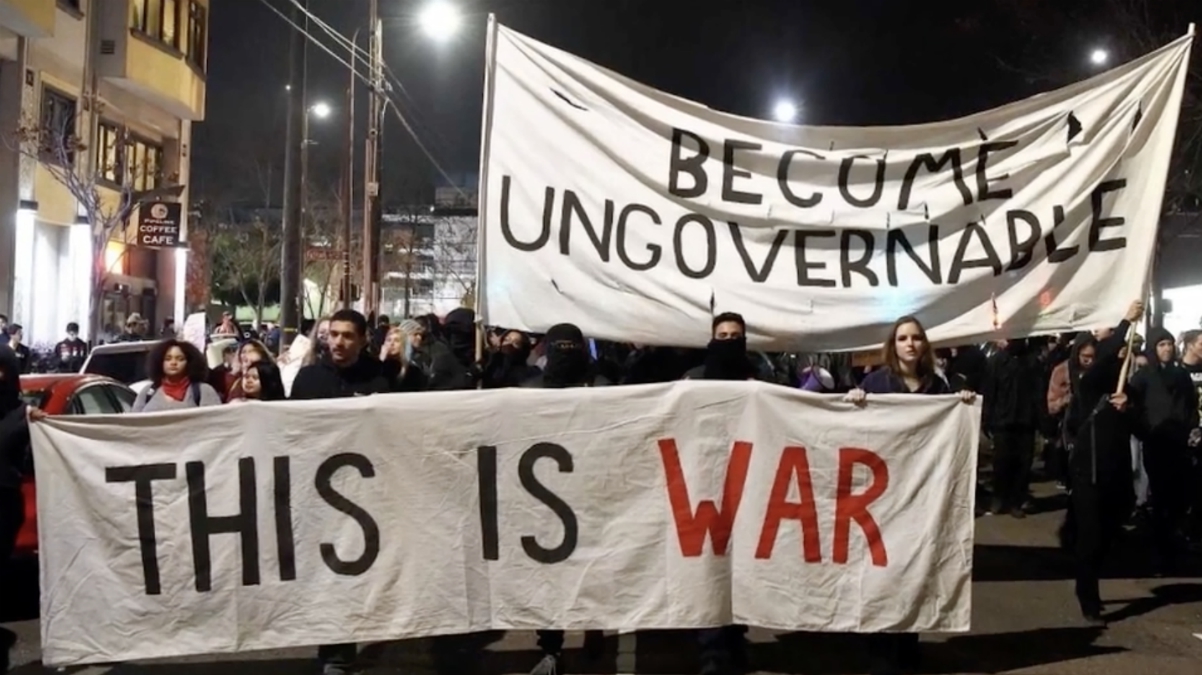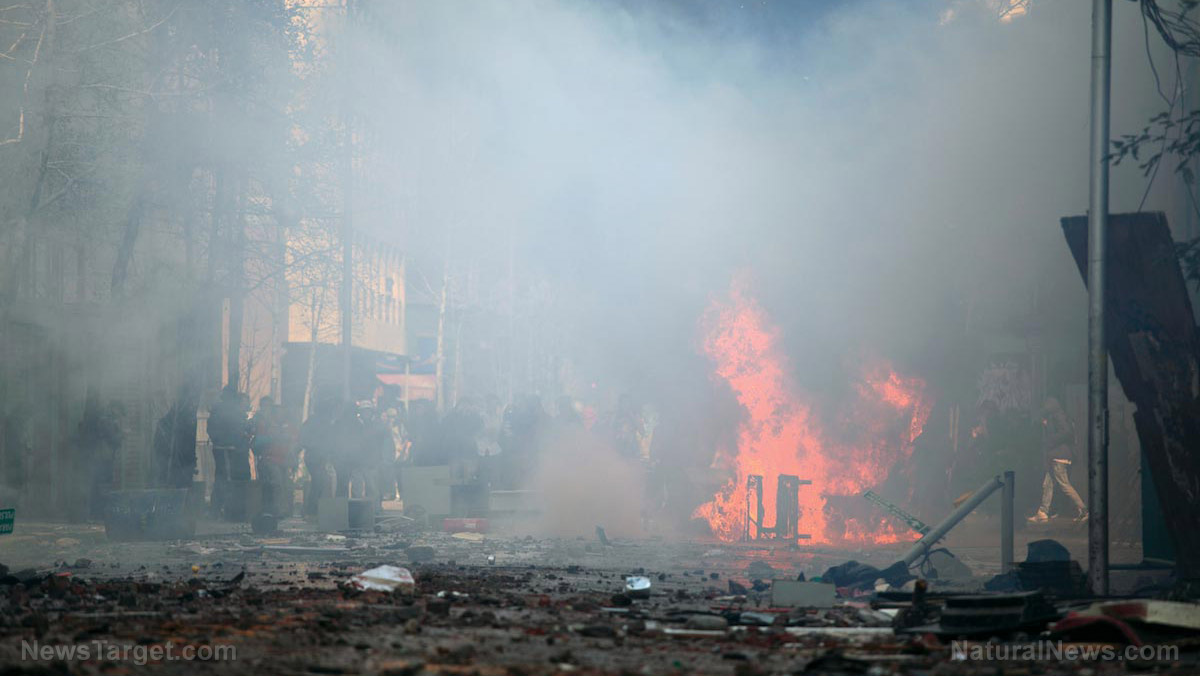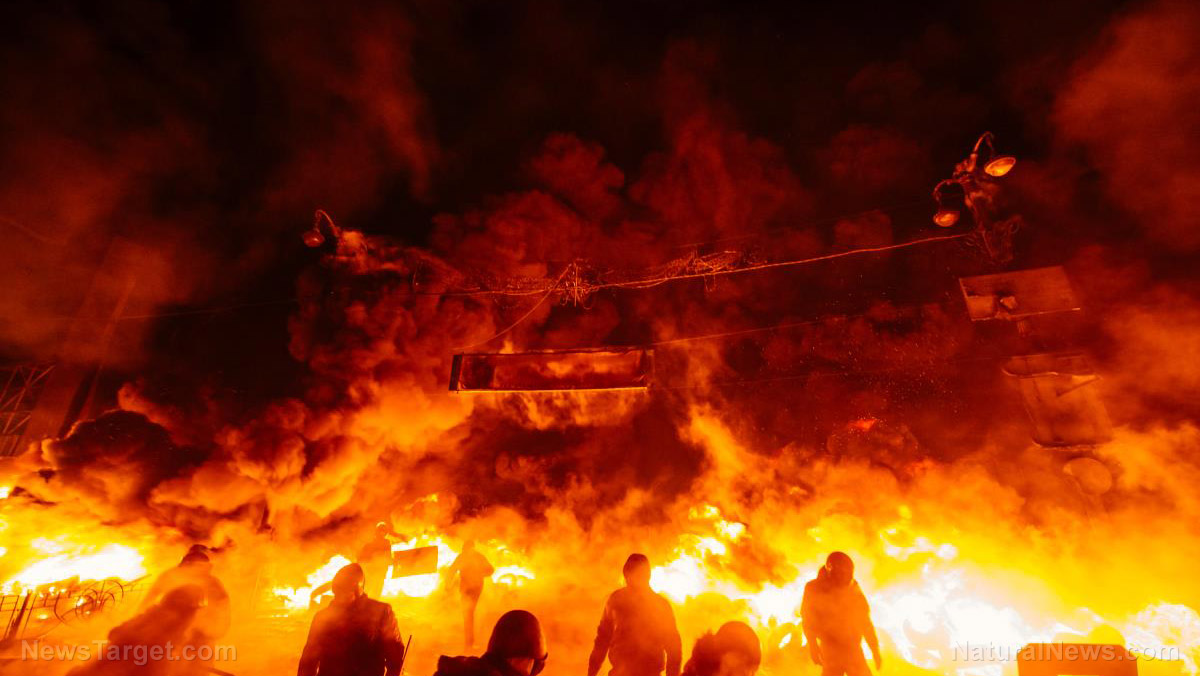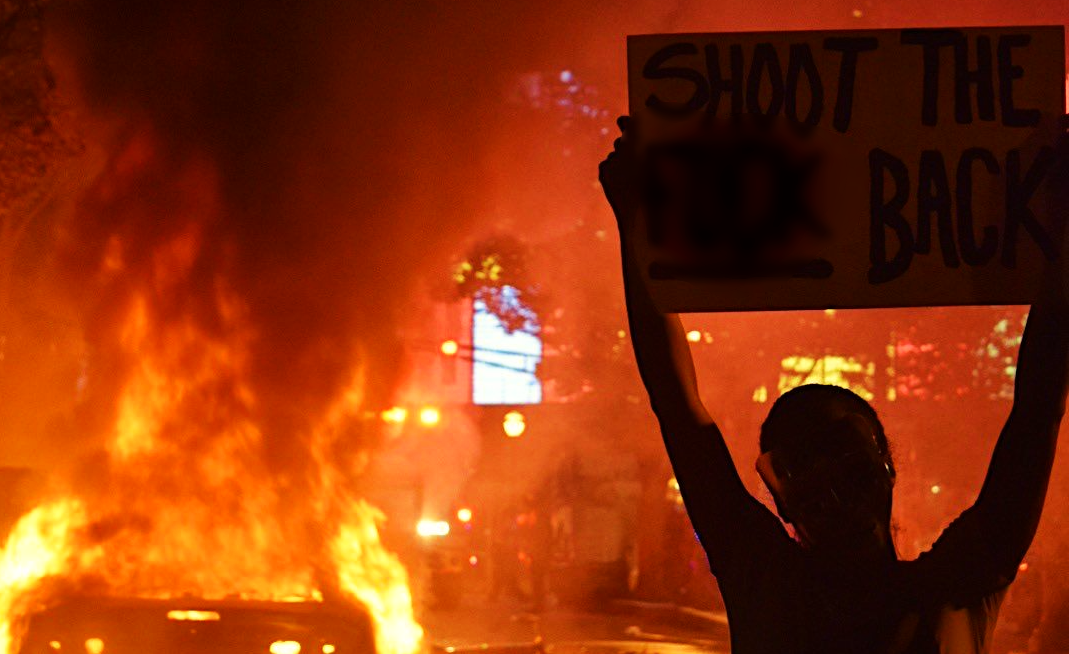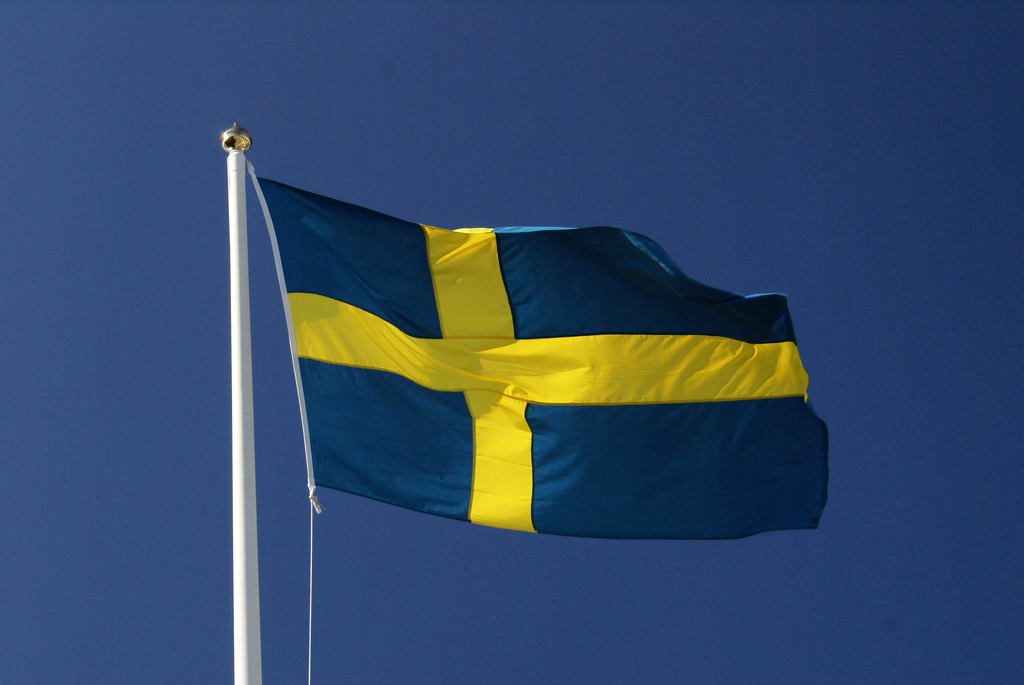Wheat prices soar in countries dependent on Eastern Europe for grain
03/09/2022 / By Ethan Huff
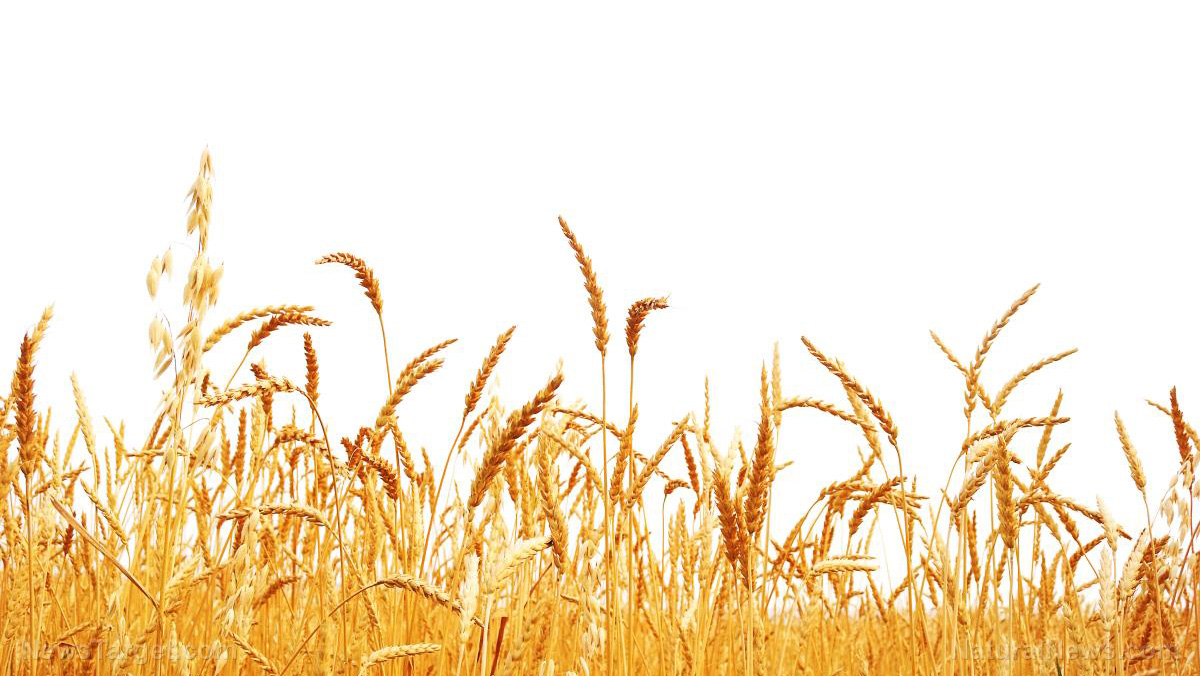
Global food prices continue to rise amid the ongoing conflict between Russia and Ukraine.
Grain prices have reached record highs – higher, in fact, than during the 2011 Arab Spring. Because of this, some say that political uprisings could soon be on the horizon.
On Friday, the United Nations Food and Agriculture Organization (FAO) Food Price Index (FFPI), which measures the monthly change in international prices for a basket of food commodities, reported record-high food prices for the month of February.
“Prices are, in fact, 3.1% higher than they were in February 2011 when anti-government protests, uprisings, and armed rebellions sprung up around the Arab world,” reported Zero Hedge.
“The risk of an uprising happening again is rising.”
SocGen’s Albert Edwards speculated two years ago about a future agricultural price shock and how it might be used to spur another Arab Spring. It looks like Edwards’ predictions may be coming to fruition.
The situation is now being exacerbated by the fact that Ukraine, which is considered to be Europe’s “breadbasket,” has cut off all exports of wheat, corn and other grains.
The latest data shows that the country most reliant on Ukrainian wheat is Egypt, which imports around $610.5 million worth of it per year. In second place is Indonesia, which imports $543.2 million worth of Ukrainian wheat every year.
Other countries that rely heavily on Ukrainian wheat include Bangladesh ($294.8 million), Pakistan ($258 million), Turkey ($207.2 million), Morocco ($196.2 million), Tunisia ($194.4 million), Yemen ($144.4 million), Lebanon ($133.2 million), and the Philippines ($118.9 million).
“While there are no indications that any of these countries are on the brink of social unrest, keep a close eye on them as food prices soar and spring in the northern hemisphere is two weeks away,” Zero Hedge warns.
How long before bread lines come to America?
Due to the interconnected nature of the global economy, the domino effect of all this is already being felt worldwide.
Food prices in the United States are soaring just as they are in Europe, which is also facing an energy crunch. Natural gas prices are soaring, which is negatively impacting fertilizer production.
Another thing to consider is the fact that much of the wheat distributed to poor countries by the World Food Program comes from, you guessed it: Russia and Ukraine.
“My friend living in Kenya says they’re eating potatoes for breakfast and another working in Ethiopia says food costs have risen by 33% this year,” someone noted in the comment section of an article about this dire situation.
This kind of thing has happened before in the third world, but the so-called first world is now feeling the effects of it for the first time in a generation. The end result could be uprisings even in the United States, even though Americans typically have an aversion to rising up in protest about things that are actually important.
“Americans don’t know how to uprise because they love smelling the government’s butt too much,” someone joked.
Another responded to this, however, with a warning that food inflation or scarcity “can topple any government” if things get bad enough.
“Humans are the most dangerous animal on earth, especially when hungry,” this same person added.
Someone else put it like this:
“When the bread runs out, the circus won’t be enough.”
Another person emphasized, like many have observed, that food prices were rising long before Vladimir Putin invaded Ukraine.
“So, the record-high prices for February can’t be blamed on Putin,” this commenter wrote, throwing in a “nice try” at the end for every media talking head and government official claiming otherwise.
More related news can be found at Collapse.news.
Sources for this article include:
Submit a correction >>
Tagged Under:
Arab Spring, famine, food, food riots, grains, harvest, hyperinflation, inflation, prices, Russia, starvation, Ukraine, uprising, War, wheat, wheat crops
This article may contain statements that reflect the opinion of the author
RECENT NEWS & ARTICLES
COPYRIGHT © 2017 UPRISING NEWS




